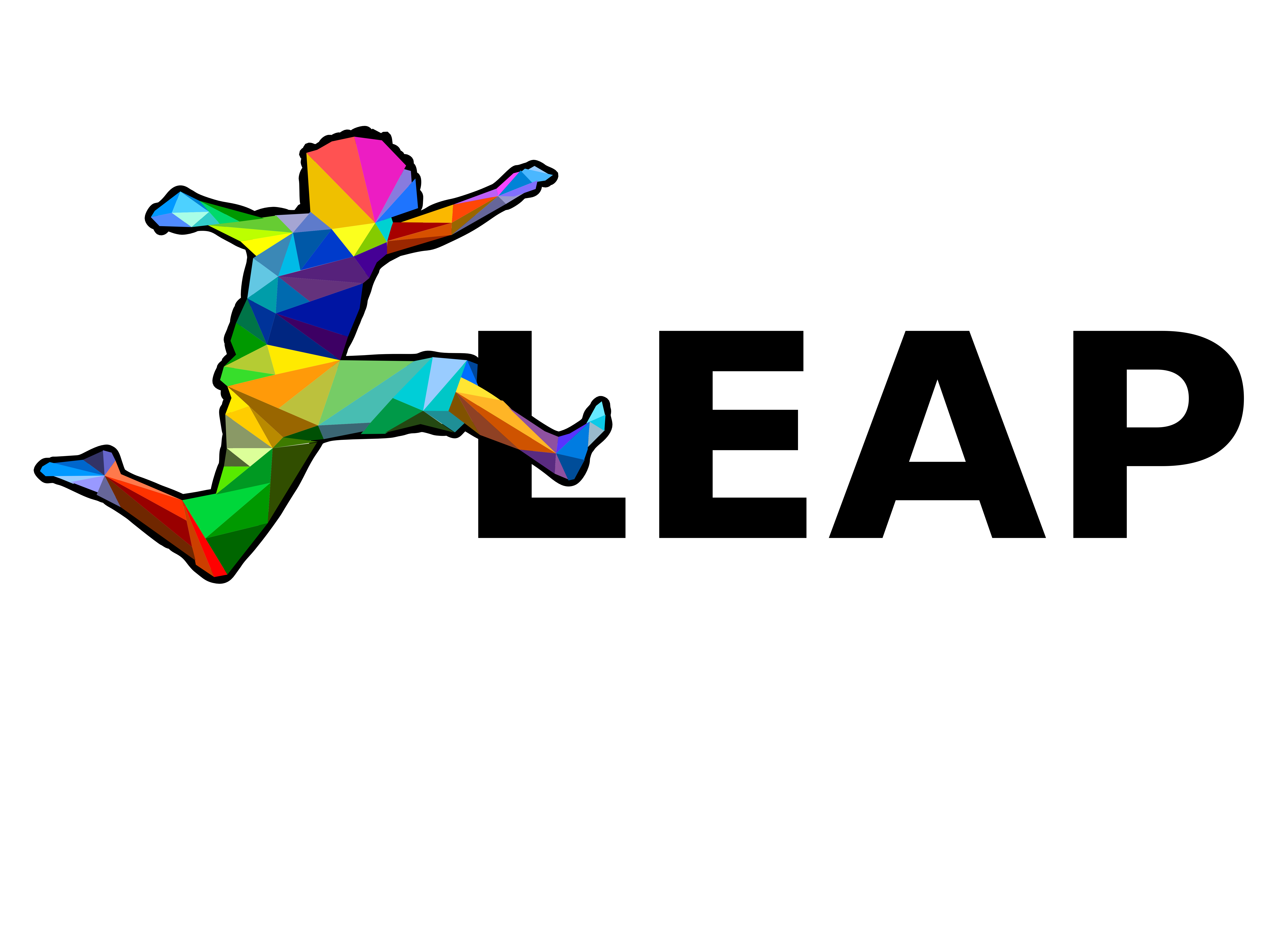
Cloud Native LEAP VPN: VPN for 100.000 users in the cloud
- Class 01
- Privacy/Digital Rights
- Development Software
01.06.2025 - 30.11.2025
Development of a software prototype
01.12.2025 - 31.03.2026
Use and sustainable development of the software
up to €47,500 (regular funding period) / €79,167 (regular funding and second stage)
up to €95,000 (regular funding period) / €158,000 (regular funding and second stage)
The Kick-Off workshop marks the official start of the funding phase. All projects in the class get to know the Prototype Fund team, the DLR Projektträger and each other, receive further information about the funding period and sharpen the vision for their project.
During the funding period, the grantees work intensively on their projects. They are in contact with the rest of their class and the Prototype Fund team. They are also entitled to coaching in the areas of project management, usability, branding, founding, etc.
All those who have applied for a ten-month funding period submit a presentation and present their projects in an online selection meeting. Based on the submission and the presentation, a committee of jurors, the Prototype Fund and the DLR Projektträger proposes the funding of the second-stage period to the BMFTR, which decides on the four-month funding period.
The Demo Day is a public event, where all grantees present their experiences and project results as demos, in lectures or on panels after the six-month funding phase.
During the four-month Second Stage, selected projects work on making their project usable and known. The focus is on user testing, community building and public relations, or financial security. Technical work is less of a priority.
The final workshop of the Second Stage will be semi-public, with selected guests invited by the projects and program participants. The focus will be on detailed project presentations and an in-depth discussion of the results of the Second Stage.
In addition to financial support from the Federal Ministry of Research, Technology and Space, the Prototype Fund also offers non-monetary support.
The projects are offered networking opportunities within the funding class, with alumni*ae of the program and with the external network, and they receive extensive advice on various topics. Sharing knowledge is a high priority in the Prototype Fund, both externally in our knowledge base as well as within the community of grantees.
Funding recipients are also offered coaching sessions. The coaching topics cover a wide range of areas: project management, design, setting up a company, security, legal issues (licenses, etc.), press and public relations, branding and brand development, governance structures, accessibility, etc. We work with established coaching service providers who have extensive knowledge of the needs of open source developers.
The Prototype Fund is also a research program: It is important to us to be in a lively exchange with our projects in order to better understand how developers cooperate, how innovation is created and where we can provide you with particular support along the way. That is why there will be a number of mandatory and voluntary exchange formats during the funding period, as well as a sustainability evaluation. We ask all projects to take the exchange seriously, as this enables us to address problems more quickly and help you if necessary. The exchange also helps us to evaluate the program and improve it if necessary.
There is a problem in technology and, in particular, FOSS funding: innovations are readily financed, but it often remains unclear what happens afterwards. Few technologies are ready to go operational and self-financing after the initial funding.
For this reason, we offer the Second Stage as an opportunity to work for a further four months on securing the sustainability of the project. This is done, for example, by building up the community, disseminating and improving the usability of the software or by setting up an association structure or a business model. The focus is on promoting the long-term existence of the project by taking appropriate sustainability measures. A model should also be developed for how the project can be financially secured. A smaller part of the work can also flow into the further technical development of the software. To this end, the funded projects take part in start-up coaching sessions, conduct public relations work, carry out user tests or take care of the documentation of their work - depending on what the individual project needs. The aim of the second stage is to make the project more usable and better known so that it has a good chance of being sustainable in the long term once the funding is complete.
When you submit your initial application, you indicate whether you would like your project to be funded in the Second Stage. In the fourth month of the regular funding phase, you submit a (short) application for the Second Stage. This is followed by a presentation to a panel of jurors, representatives of the Prototype Fund and the DLR Projektträger. Following this presentation, the BMFTR decides on the approval of the second-stage funding.
In the Second Stage, you can apply for a maximum of €63,333 as a team and a maximum of €31,667 as an individual; these amounts are based on two or one full-time position over four months. The hourly wage is capped at €50. Projects that are funded for ten months also take part in Demo Day after six months. At the end of the Second Stage, a workshop is held with a small number of guests at which the project results are presented and discussed in detail.







Interested in applying yourself? Applications for class 03 start from October 1st, 2026 and are possible until November 30th, 2026.